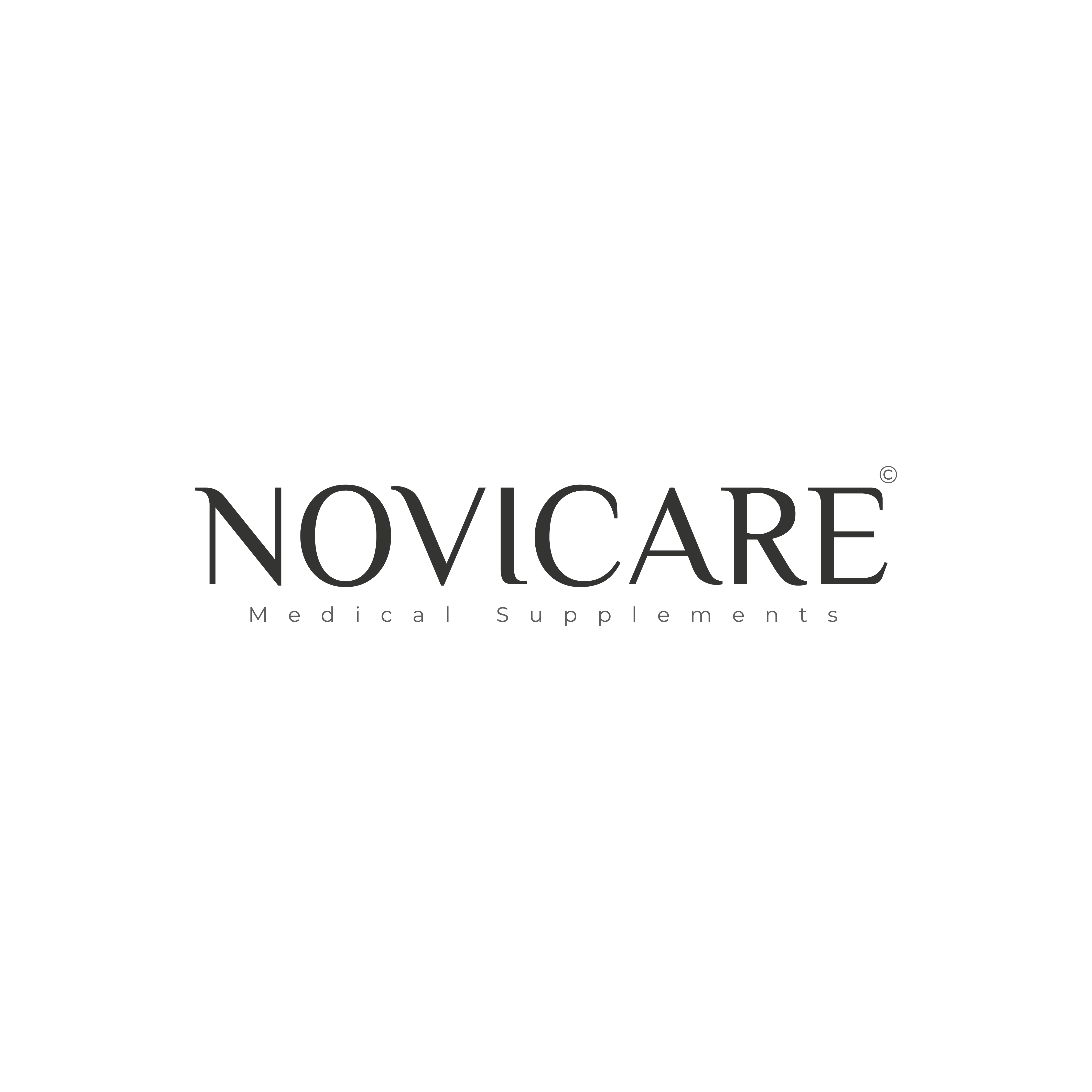Diagnostic Blood Test:
White Blood Count (WBC)
Red Blood Count (RBC)
Hemoglobin (Hbg)
Hematocrit (HCT)
MCV
MCH
MCHC
Red Cell Distribution Width (RDW)
Platelets
Neutrophils
Neutrophils (Absolute)
Lymphocytes
Lymphocytes (Absolute)
Neutrophil/Lymphocyte Ratio
Monocytes
Monocytes (Absolute)
Eosinophils
Eosinophils (Absolute)
Basophils
Basophils (Absolute)
Immature Cells
Immature Granulocytes
Immature Granulocytes (Absolute)
NRBC
w/ Reflex for Immature Cells
White blood cells (WBCs), or leukocytes, protect the body from infection. A low WBC count may signal various medical conditions, including autoimmune disorders, cancer, or problems with the liver, spleen, or bone marrow. A high WBC count may be caused by infection, inflammatory conditions, leukemia, or injury.
Red blood cells (RBCs) carry oxygen to all of the tissues of the body. When the body has too few RBCs, it may be a sign of anemia, bone marrow conditions, vitamin deficiencies, or cancer. Too many RBCs may signal heart problems, kidney tumors, lung scarring, or bone marrow conditions.
Hematocrit (HCT) indicates how much of the blood is made of red blood cells. HCT is dependent on the number and size of the red blood cells. Low levels of HCT may indicate various health conditions, while elevated HCT levels can increase the risk of heart attack or stroke.
Hemoglobin is a protein found in red blood cells that helps transport oxygen to and remove carbon dioxide from the body’s tissues. Hemoglobin testing can provide information about hydration levels and the health of the blood cells. Conditions that affect the liver, heart, and lungs can also change hemoglobin levels.
Mean corpuscular volume (MCV) describes the average size of each red blood cell. Normal-sized red blood cells are important for carrying oxygen around the body. Certain blood disorders, vitamin deficiencies, or other health conditions can alter the MCV.
Mean corpuscular hemoglobin (MCH) is an indicator of how much hemoglobin (the protein that carries oxygen) is present within a single red blood cell. It describes how well oxygen is being transported to all of the body’s tissues. Changes in MCH may be due to blood disorders, nutritional deficiencies, kidney failure, or other conditions.
Mean corpuscular hemoglobin concentration (MCHC) tests calculate levels of hemoglobin (the protein that carries oxygen) within a group of red blood cells and compare this with how big the cells are. This test can help identify potential problems with the blood, kidneys, or heart.
Red cell distribution width (RDW) describes how different red blood cells are when it comes to their size. Ideally, all red blood cells will be similarly sized. A high RDW means that the body is creating red blood cells in very different sizes; this may be a sign of various health problems.
Measuring the number of reticulocytes can diagnose certain types of anemia or provide information about the health of the bone marrow, kidneys, and liver.
Platelets are small cell fragments that help form blood clots and prevent bleeding after an injury. Platelet numbers may drop as a result of health conditions like infection, autoimmune disease, or blood cancer, or may rise due to anemia, inflammatory health conditions, or other cancer types.
Neutrophils white blood cells that kill germs like bacteria, viruses, and fungi in order to protect the body from infection.
Lymphocytes, including T cells and B cells, fight infection and produce antibodies (proteins that help the immune system find and destroy pathogens).
Monocytes are white blood cells that protect the body from germs and remove dead or damaged cells.
Eosinophils are a type of white blood cell that destroy parasites and cancer cells and are involved in the body’s allergic response.
Basophils are white blood cells that recognize early signs of infection, help heal wounds, and help activate the body’s allergic response.
Neutrophils are a type of white blood cell that kill germs like bacteria, viruses, and fungi in order to protect the body from infection.
Eosinophils are a type of white blood cell that destroy parasites and cancer cells and are involved in the body’s allergic response.
The Immature Granulocytes test describes what percentage of white blood cells are immature granulocytes. Certain types of white blood cells — neutrophils, eosinophils, and basophils — are granulocytes. Most of the granulocytes in the blood are fully-functioning and mature. Too many immature granulocytes may be a sign of infection, inflammation, or cancer.
Nucleated red blood cells (NRBC) are immature (not yet fully functional) red blood cells. They are not usually found within the bloodstream, so their presence may indicate low oxygen levels, spleen conditions, or blood disorders such as leukemia.
Refunds are issued only under special circumstances such as not being able to retrieve a specimen for testing or if the lab is unable to complete the testing and provide results. If any of these conditions have been met, please contact us below to process your refund.
Telephone Support
Call (877) 387-1513 for further assistance in unsubscribing.
Email Support
Email us at support@novicarelabs.com




































































































